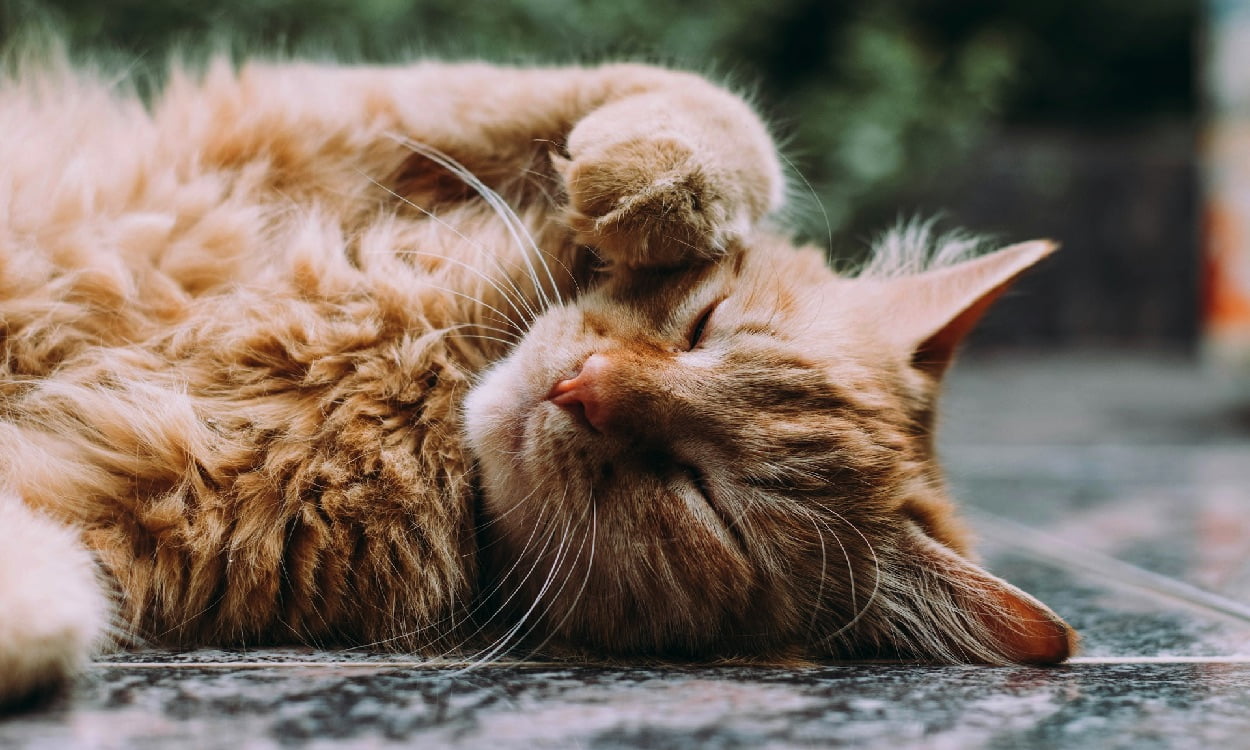
Among many things, cats are known for their independence, agility, and grace. It is, however, quite seldom that one hears anything about oral health. Many a cat owner tends to their feline friend rather well by feeding them properly and having them visit the veterinarian on several occasions; there is, nonetheless, one specific area that generally gets overlooked: dental health. This is carried out at enormous cost because it is an epidemic that doesn’t get paid much attention as it affects an enormous percentage of the population. In this article, we’ll delve into the issues of oral health in cats, explore the prevalence of these problems, and discuss the importance of dental care for our furry friends.
The Prevalence of Oral Health Issues in Cats
Dental diseases are relatively common among cats, and the American Veterinary Dental College reports that around 70% of cats have developed some kind of oral disease by the time they reach three years of age. That is pretty terrifying since poor oral health begets a myriad of other conditions. Periodontal disease, mainly inflammation and infection of tissues around the teeth, is usually the culprit for this scourge.
Periodontal disease is an infection of the gums that starts with the accumulation of plaque, a soft sticky film of bacteria, on the teeth. If not properly treated, this plaque over time will harden into tartar and cause gingivitis, or inflammation of the gums, and more serious dental problems. If left untreated, periodontal disease can result in tooth loss and has even been linked to the possible failure of other vital organs, including the heart, liver, and kidneys, due to the disease bacteria entering the bloodstream. But we do have a 100% natural solution for this-one that works by fighting the bacteria and microorganisms within the mouth and on the gums.
Why Dental Issues Are Overlooked
One of the major reasons dental problems in cats often go unnoticed is because of the cat’s natural instinct to hide discomfort, and unlike dogs, which may show overt signs of pain or discomfort, cats are masters at concealing their suffering. They may continue to eat, groom themselves, and engage in normal activities, even if they are experiencing dental pain.
Besides that, most of the cat owners are unaware that oral health is quite significant for their feline friends. For most pet owners, dental care is not given much significance like nutrition, vaccination, and regular check-ups. Lack of awareness about the possible repercussions of oral health issues is another factor contributing to their high incidence.
Symptoms of Dental Problems in Cats
Dental problems are easy to handle if a cat owner is keen and notices certain signs. These usually include but are not limited to the following common signs in cats:
Bad breath: this persists and usually gives off a foul, bad smell; bad breath could well be one of the early signals regarding dental issues in cats.
Drooling: There is much salivation because pain or some type of irritation seems to disturb them there.
Difficulty Eating: Cats with dental problems may have difficulty chewing their food, resulting in changes in eating habits or complete refusal to eat.
Pawing at the Mouth: Cats in pain may paw at their mouths, trying to alleviate the discomfort.
Change in Behaviour: Any sudden change in behaviour, such as increased irritability or reluctance to be touched around the head and mouth, can be indicative of dental pain.
Swelling or Redness: There is also noticeable inflammation, redness, or swelling around the gums and mouth that may be a symptom of these gum diseases.
Preventive Measures and Dental Care for Cats
On the other hand, the following are ways that cat owners can prevent dental problems and ensure that their feline friends have healthy mouths:
Regular Check-ups at the Vet: Just like humans, cats should have regular dental check-ups by a licensed veterinarian. In this way, early signs of dental problems can be noticed and treated effectively in due time.
Dental Diet: There is, in fact an actual dental diet designed that can help minimize plaque and tartar formation. Discuss with your holistic vet whether this is suitable for your cat and how raw feeding can aid.
Toothbrushing: Though seemingly daunting, brushing your cat’s teeth can go a long way in minimizing the risk of dental problems. And this is best started when they are kittens.
Dental treats and toys: are fun and effective in maintaining your cat’s oral health.
Water additives: There are some water additives that help in reducing plaque and tartar build-up. Discuss those options with your veterinarian.
In addition to the above, our Oral Spray works as a non-artificial way to help prevent and manage oral health issues in cats. Rest assured that with only 100% natural and New Zealand-sourced ingredients, you get the most effective and beneficial feline oral health product in the world. Don’t miss this marvellous product for making your cat smile with healthy teeth and a bright smile today.
Conclusion
This quiet animal orthodontia-oral health problem in cats is actually some kind of unseen epidemic in cats. Their serious prevalence brings in much cause for concern about severe health issues arising, should dental problems in cats not get due treatment. It therefore behoves a cat owner to take proactive, effective, and immediate preventative measures on how best their feline pet is taken care of regarding its dental health.
